
Freedom to Boycott? Arkansas case may kick open a can of worms

The Arkansas state legislature passed a law that requires any entity that wants to do business with the State to sign a pledge to NOT boycott Israel. Even if a business is not boycotting Israel, but does not sign the pledge, it would have to reduce its fees by 20 percent.
It is a reaction to the BDS Movement on the far left to boycott, disinvest and sanction the Jewish state. While it was launched by Muslim legislators such as Omar Ilhan of Minnesota and Rashida Tlaib of Michigan, it was quickly embraced by such radical left political figures as Alexandria Ocasio-Cortez of New York City and Ayanna Pressley of Massachusetts.
The Arkansas legislation had a roller coaster ride through the courts. The original lawsuit brought by the Arkansas Times newspaper was dismissed by the federal District Court. A three-judge panel of appellate judges reversed the dismissal by the lower court. The full federal Appellate Court then reversed the decision of the three-judge panel. The American Civil Liberties Union, that is handling the case for the Times, will take the case to the United States Supreme Court.
Arkansas Attorney General Leslie Rutledge – whose office was defending the legislation — called the court decision “a resounding victory for Arkansas’s anti-discrimination law and reinforces Arkansas’s relationship with our long-time ally, Israel.”
Whatever the Supreme Court decides – if it takes up the case – has potentially huge ramifications far beyond this one case. There are questions of conflicting constitutional rights – including free speech and a broad range of government contracting laws.
As a conservative, I consider boycotts – whether I personally approve or not – as a form of free speech. No law can make us surrender a constitutional right based on pressure or intimidation. What would the courts think if legislation was passed that a state would ONLY do business with companies that boycott Israel?
I am also uncomfortable with the 20 percent reduction in fees if the company is not boycotting Israel but refuses to sign the pledge. This sets up a bias in the government bidding procedures – that are currently regulated by a mountain of legal requirements. The law literally punishes a business that is doing what the State wants it to do – not boycott Israel.
Maybe that concept could be applied to other issues. Make businesses sign a pledge to not overcharge. Or sign a pledge not to donate to civic or political causes – such as pro-abortion or anti-gun groups … the American Conservative Union or Black Lives Matter.
I am a supporter of Israel – and I do not like the BDS Movement. But I have major reservations about this law.
It also brings up an issue that has stuck in my craw for decades. I find it totally wrong to insist that private sector businesses contracted by the government must be union shops. That is especially egregious when you consider that union workers comprise approximately 8 percent of the American workforce.
We see a form of that bias in President Biden’s proposed tax credits to purchasers of electric vehicles. His plan is to provide a $12,000 tax credit for cars made in union factories, but only $7,500 for vehicles purchased in non-union shops. That means a BIG advantage for Ford and General Motors — which sell relatively few electric vehicles – and a lower tax break on Tesla, which has a market share in the 70 percent range.
My ideal outcome is that the Arkansas law gets declared unconstitutional – and that the principle gets extended and ends union favoritism in government contracting. Of course, it would be okay for individuals and other businesses to boycott companies that support the BDS Movement.
So, there ‘tis.




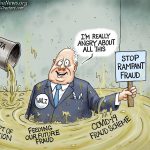

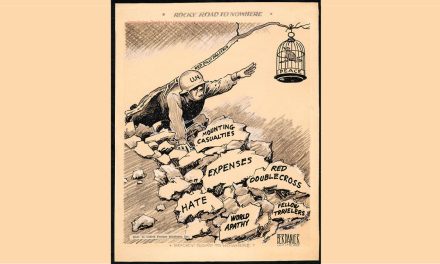




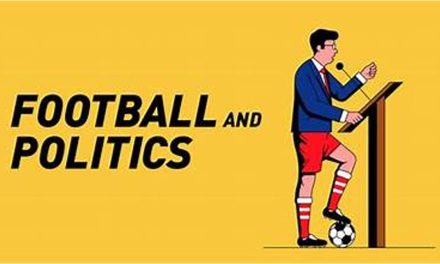












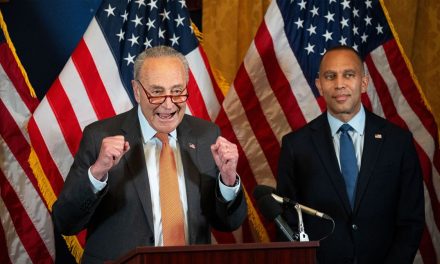



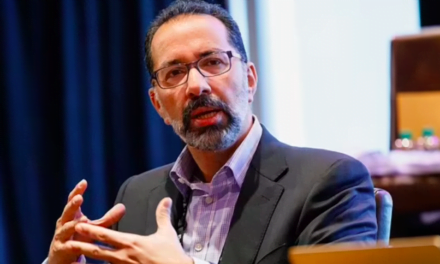


I agree with your stance on the new Arkansas law. Sounds stupid to me. But I do not know anything about the relationship Arkansas has with the state of Israel. Do they have contracts with Israel that have political requirements in them? Do they stand to lose billions of dollars of business if they boycott Israel. I seriously doubt that even 1% of the US population knows anything about the new law or cares about it at all. Now with regard to Electric Vehicles (EV), people care a lot more about that issue. I am not an EV person even though I own a Prius – I will never own another one! Nor do I have any plans to own a Tesla or union shop EV. We must also acknowledge that 50% of Teslas are made in China. I suspect that this is a value added kind of thing where union pensions add about $2400 to the cost of a vehicle, plus manufacturing in the USA is more expensive than in China. So a difference in tax break is not really a “union favoritism” issue, it is actually a value added issue where you the American consumer are getting a larger break for supporting a company that provides good pensions for its workers which translates to them being able to spend more money and participating in the economy more which translates to younger people jobs. So I do not have a problem with it. Now, if the Tesla is made in the USA, then there should be the same tax break. But if the Tesla is made in China, then the other tax break rate applies. Does that seem fair? By the way, I always thought acronyms and abbreviations when first used in a writing should be defined. You did not define BDS and I do not know what that is. When I looked it up I got Bachelors of Dental Surgery. Please in the future define acronyms and abbreviations at least once in the beginning of the article.
Tom … In terms of the acronym, you are correct, but I will split the difference with you in this case I used the words in the same sentence, but i can see where it could have been stated more clearly. “It is a reaction to the BDS Movement on the far left to boycott, disinvest and sanction the Jewish state.” I get your point, but I still feel that the government should not be providing advantages to one brand over another. All the consumers sees is the sticker price.
Is there a right to do business with the government, let alone on terms determined only by usual considerations of value for cost? Maybe, and although I’m sympathetic to the objective of the legislation, I don’t see that reducing competition for government contracts serves the taxpayer well.